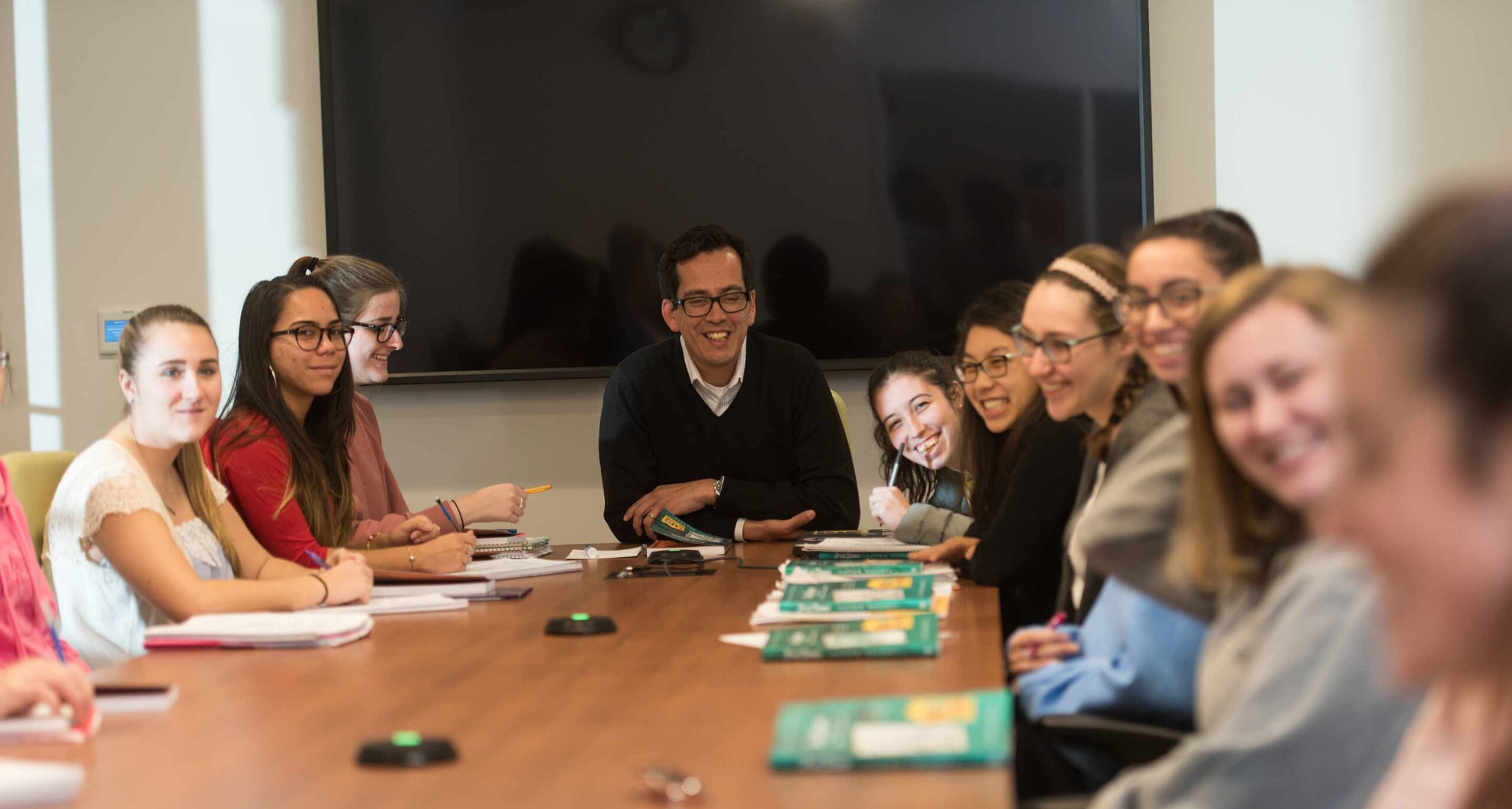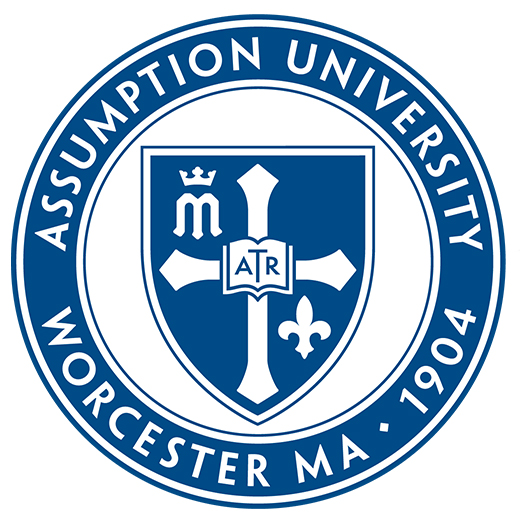We believe that it’s not enough to be fluent in a language, you must also understand the people who speak it: their history, their traditions and their culture. Studying a language at Assumption means learning how to communicate effectively, yes, but it also means immersing yourself in a different region of the world. Assumption’s campus in Rome, Italy, provides you the option to immerse yourself in the birthplace of Western Civilization for a semester or one month in the summer. Through broadening your horizons, you will become more open-minded, a standout job candidate, and a better citizen of the world.
By studying languages at Assumption you will not only learn to communicate in a foreign language; you also will explore the history, literature, philosophy, and customs of other cultures around the world. Through the study of languages, you can become a citizen of the global community.
Taught by a dynamic faculty, our courses in French, German, Ancient Greek, Italian, Latin and Spanish are small and interactive. In addition to speaking and reading the language in class, students watch films, make videos, listen to songs and even play games to gain language facility and an appreciation of the culture.
The study of languages helps you improve your oral and written communication skills, and also expands your capacity for critical thinking and examination. In fact, the type of analysis you perform on texts and films in your chosen language will help you in any future career, from translator to teacher to business professional.
Assumption University offers courses in Classics (Latin, Greek, Classical literature in translation) through the Department of Modern and Classical Languages and Cultures. Courses in Latin are offered at the beginning and intermediate levels each semester. Advanced level courses are taught according to student interest and demand, sometimes as Independent Studies. Greek is generally offered as Independent Study with one or more students. In addition to language courses, each semester a course in Classics in translation is offered. In the fall LTC140, Introduction to Literature with a Classical Emphasis, fulfills the College’s Introduction to Literature requirement. This course is also taught concurrently as CLT205 for students who may already have taken another Introduction to Literature. In the spring semester there is a rotating sequence of courses including Classical Mythology, Myth in Epic, Myth in Tragedy, Greek and Roman Comedy, and other special topics offerings.
Other Departments at the University also offer courses relevant to Classics, such as HIS 201 (Greece), HIS 202 (Rome), HIS 203 (Byzantine Empire), and ARH 221 (Ancient Art). The Politics, Philosophy, and Theology Departments also regularly offer courses that supplement the language courses. Courses in relevant areas such as Archaeology may also be taken through the Consortium.
Assumption University has an active chapter of Eta Sigma Phi, the National Classics Honor Society. There is also a Classics Club that meets for a variety of events such as lectures, museum trips, artistic activities (painting pots, making mosaics and togas), athletics, even ancient cooking). In short, the Club plans its activities around current student interests.
Department Mission Statement
The Department of Modern and Classical Languages and Cultures cultivates students’ understanding of diversity and global perspectives by introducing them to the rich cultural traditions and literary expression of the civilizations we study. By engaging multiple cultures, we prepare our students to be thoughtful and compassionate citizens of a global community, thus supporting the mission of the University. In keeping with the liberal arts tradition, our programs ensure that students not only improve their ability to communicate in the target language—both orally and in writing—but also develop skills of critical thinking and content analysis. Our majors prepare students to use their linguistic, cultural and critical skills in their careers, advanced studies, and other future endeavors. The Department embraces the central educational values of Assumption University and its pursuit of academic excellence.
Language Placement Information









